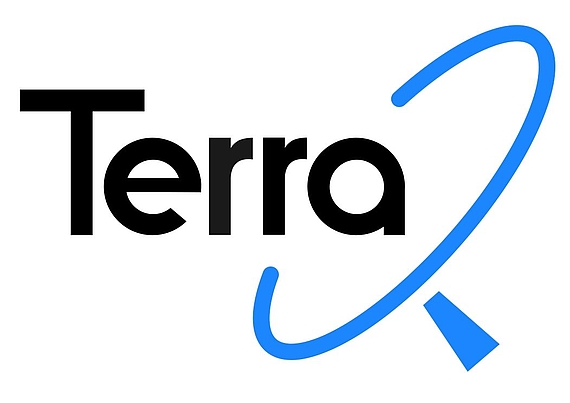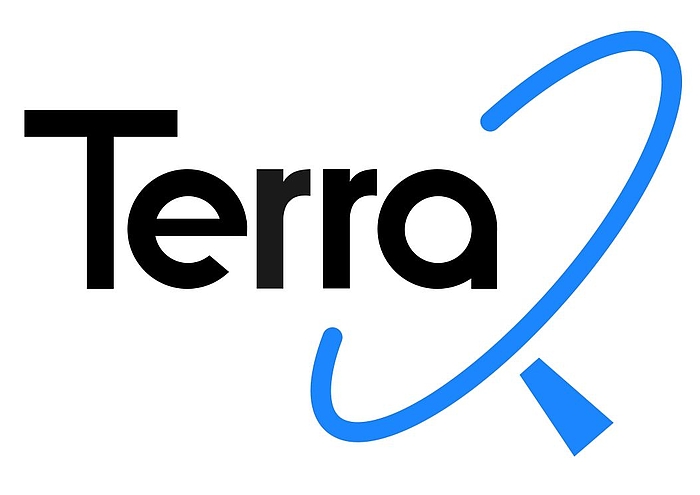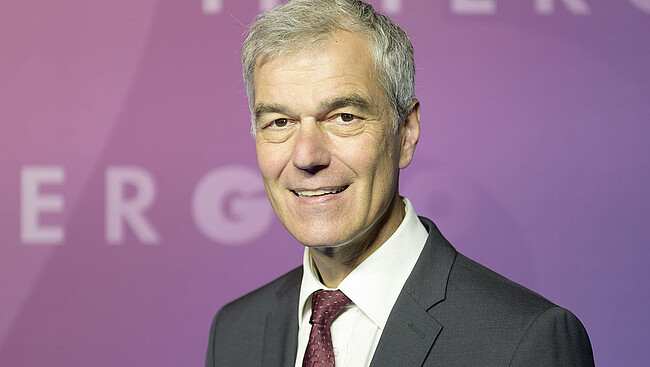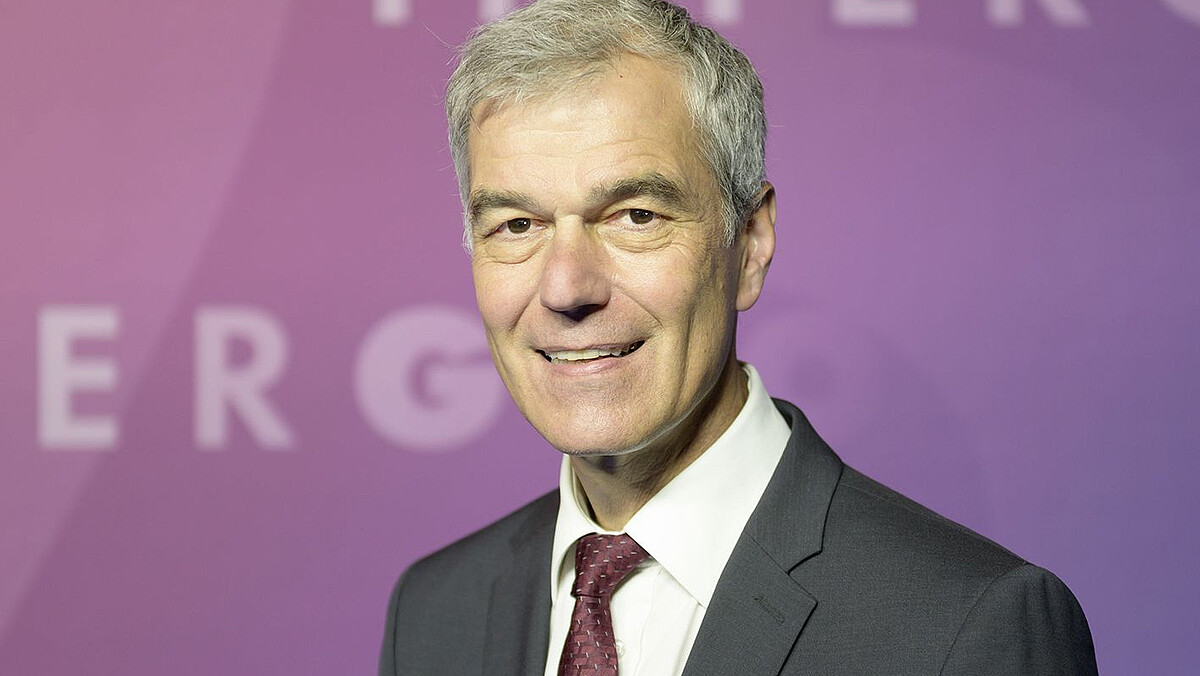CRC 1463: Integrated Design and Operation Methodology for Offshore Megastructures
In order to manage future wind farms, precise information about the condition and dynamic behaviour of the support structure and the rotor blades must be collected over the entire working life of each turbine, as well as information regarding the effects of changing environmental or operating conditions. With the concept of a digital twin, the Collaborative Research Center is developing a method that integrates all these details. Compared to current models, such wind turbines could generate electricity more efficiently, while providing a more continuous supply of electricity. In terms of output, they could be installed in a more time-efficient manner while reducing maintenance costs.
Participating Institutions:
- Leibniz University Hannover
- Carl von Ossietzky Universität Oldenburg
- Deutsches Zentrum für Luft- und Raumfahrt
- Technische Universität Dresden
Collaborative Research Center 1464 TerraQ - Relativistic and quantum-based geodesy



Spokesperson CRC 1464


 ©
INTERGEO 2019 / HINTE Messe- und Ausstellungs-GmbH
©
INTERGEO 2019 / HINTE Messe- und Ausstellungs-GmbH
The Collaborative Research Center aims to advance quantum-based measurement concepts for monitoring mass changes from space and on ground, combined with the corresponding data analysis and modelling, in order to provide sophisticated tools that significantly enhance the knowledge on the involved change processes in the system Earth. Geodesists and quantum physicists study and make use of modern quantum physics to develop and utilise innovative experimental devices and measurement techniques, and to develop new theoretical and modeling methods for high precision recovery of the Earth’s gravitational field in the next decade and beyond.
Participation Institutions:
- Leibniz University Hannover
- DLR-Institut für Satellitengeodäsie und Inertialsensorik Hannover
- Physikalisch Technische Bundesanstalt Braunschweig
- Zentrum für angewandte Raumfahrttechnologie und Mikrogravitation Bremen
- GeoForschungsZentrum Potsdam
- HafenCity Universität Hamburg
- Technische Universität Graz
TRR 298: SIIRI - Safety Integrated and Infection Reactive Implants
In the Transregio - SFB "SIIRI", more than 150 scientists from the Hannover Medical School (MHH), Leibniz Universität Hannover, of the Helmholtz Centre for Infection Research in Braunschweig, the Technical University of Braunschweig and the University of Music, Drama and Media (HMTMH) jointly research the development of new implants to increase patient safety. Since 2021, researchers from a wide range of disciplines work together to develop intelligent implant systems for dentistry and orthopaedics as well as hearing implants, which for the first time will use the latest technology to allow continuous monitoring of implant function and thereby early detection of complications such as infections.
Participating Institute of the Faculty of Civil Engineering and Geodetic Science:
- Institute of Mechanics and Computational Mechanics (IBNM): Surrogate-modelling for monitoring of implants (A07)
CRC 871 Regeneration of Complex Capital Goods



From 2010 to 2022, the Collaborative Research Center (CRC) 871 "Regeneration of Complex Capital Goods" contributed to developing a scientific basis for maintaining complex capital goods. In addition to twelve institutes from three faculties of the Gottfried Wilhelm Leibniz University Hannover, the Laser Zentrum Hannover and an institute of the Technical University Braunschweig were participating in the Collaborative Research Centre 871.
Participating Institutes of the Faculty of Civil Engineering and Geodetic Science:
- Institute for Risk and Reliability: Subproject D5 Resilience Based Decision Criteria for Optimal Regeneration
- Institute of Structural Analysis: Subproject B4 Stochastic Structural Analysis






